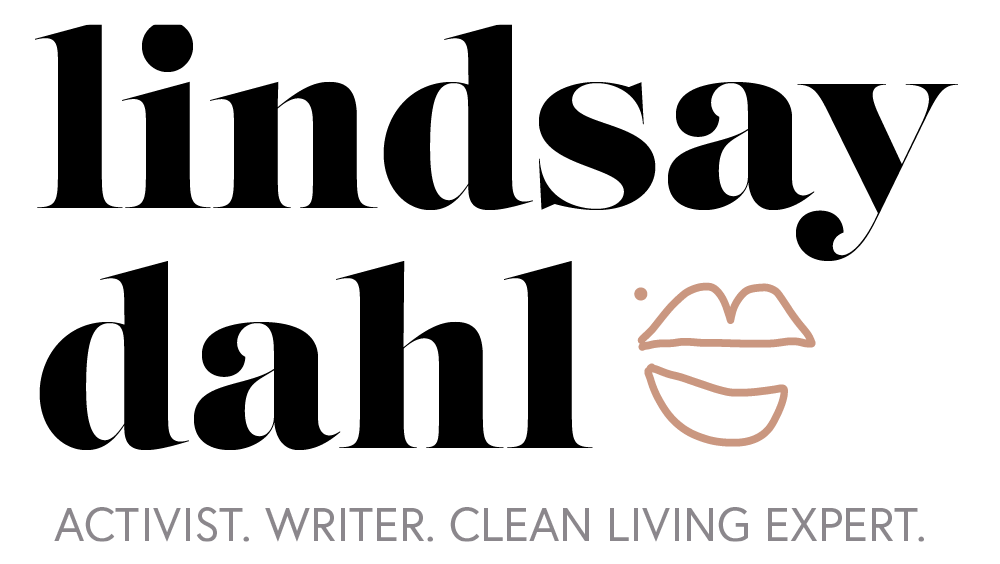It’s hard for me to think about a more intimate product than a tampon. I’ve been writing for years about toxic chemicals that have found their way into everyday consumer products, our makeup and our homes. And for some reason, I’ve only lightly touched the topic about harmful chemicals in feminine hygiene products.
And then TIME magazine wrote about this topic and it prompted me to offer up some helpful suggestions of safer, non-toxic tampons.
Avoid “fragranced” or perfumed tampons
Unlike beauty products, ingredients used in tampons do not need to be listed on the box because they are regulated like medical devices. Fragrances of any kind can contain mixtures of harmful ingredients. Typically synthetic fragrances are what you want to avoid, but with a product such as a tampon, that goes inside your body, you should avoid any fragrance product regardless if it is natural or synthetic. Many fragrance ingredients are allergens and some have links to hormone-disruption. Using scented maxi pads and tampons is not only unnecessary, it’s not good for your health.
Opt for un-bleached
The bleaching process can create a nasty byproduct called dioxin. This substance is one of the most toxic things on Earth, something I do not say lightly. Dioxin stays in the environment and our bodies and is not something you want anywhere near your lady parts. Who needs a white tampon anyway? I mean, think about it…
Shop safer brands
Safer brands exist and all three of these companies have a social impact element to their work, BONUS.
- Seventh Generation: [affiliate link] You may have seen this hilarious commercial with Maya Rudolf singing a “vajingle”
- Cora Life: Organic tampons delivered to your door. Plus for every box you purchase, a supply of sustainable pads is donated to a girl in need. Tampons with purpose.
- LOLA: This subscription service brings 100% cotton tampons to your door each month.
Avoid douching and feminine powders
One of the scientists interviewed for the TIME Magazine article is Ami Zota, who I had the pleasure of meeting with in May. She’s an incredible scientist who has been at the cutting edge of studying the disproportionate impacts of beauty and feminine care products on women of color. In general, women of color use more douching and deodorizing products than their white counterparts, putting them at greater risk. Not okay.
Skip the talc
You may have heard about the recent lawsuit against Johnson & Johnson for their use of talc as a baby and feminine care product. Talc has specific links to cancer when applied to the genital region, causing concern for women who have used this product for years on end. (It’s important to note that other studies have found pressed talc can be safely used in other cosmetic products that are not applied to the genital area.)
Let us protect the sacred, beautiful and life giving center of our body.
Never miss a post and join my mailing list.




I know a number of friends who use diva cups, and they seem to be the next generation of feminine products. Everyone I know uses them for the environmental impact, but are they considered “safer” to use as well? Has there been much for conversations around them yet?
Yes Diva cups are definitely safer! I have never used one, but know many green bloggers who have researched them thoroughly.
Thanks so much Lindsay – this is such important info especially for us Moms with teenage girls. xx
Also, don’t forget – toxic shock syndrome is still a thing! Hundreds of girls (usually younger than 20) are diagnosed with toxic shock every year. I know one young woman who had to have her leg amputated after almost dying from TSS. It strikes young girls, who are genetically susceptible (there is a test their OBGYN can do to see if they are immune) and haven’t yet build antibodies to TSS. This is not an issue that can be overcome by wearing an all cotton or unscented tampon.
Yes you are right!!!